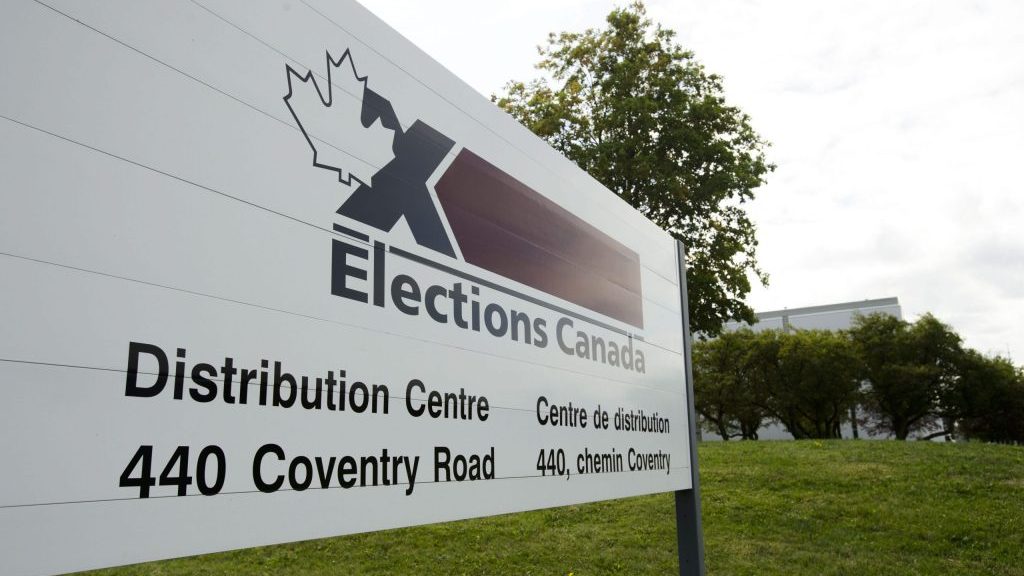Ottawa homeless crisis worsening as winter approaches; Nanos poll shows pandemic effect
Posted Oct 27, 2020 04:11:00 PM.
The Ottawa Mission is calling for government help once again, as it's in its third straight year of operating at more than 100 per cent capacity, winter is approaching, and the pandemic is pushing even more residents to the brink of homelessness.
City Councillor Catherine McKenney says 36,000 Ottawa renters are spending more than 30 per cent of their incomes on rent, which is the threshold for affordable housing. That means they're already at risk of losing their homes, and with Ontario lifting its ban on evictions, the margin is getting even thinner.
Ottawa City Council declared a homeless crisis back in January of 2020, but McKenney says the situation has worsened since then. She explains there are 1,900 people (including children), sleeping in local shelters, while the number of people sleeping outdoors in Ottawa has doubled since March.
Ottawa Mission CEO Peter Tilley says he usually sees a 10 per cent increase in shelter usage through the winter months.
McKenney says the city needs to form a plan now, before things get much worse.
“Whether that's through modular housing, which can be done quickly. Whether it's through acquisitions, leasing, long-term leasing in hotels and office buildings where we know that there is room,” the councillor outlines. “There's no need for anyone, this winter, to sleep outside when we have empty space.”
Nanos Research just completed a survey about a month ago, regarding how the COVID-19 pandemic has affected Ottawa residents, both financially and mentally. Nick Nanos says 801 residents participated in the random phone survey.
About a third of respondents say the pandemic has had some kind of negative impact on them — most of those respondents saying it's due to lost income or a loss of employment.
Nanos explains 10 per cent are receiving the Canada Emergency Response Benefit (CERB) or know someone who is, and 70 per cent who are receieving the CERB are concerned about benefits stopping and what it might mean for them.
Four weeks ago, about 50 per cent of residents were concerned about what a COVID-19 second wave might do to their finances. Nanos believes that if the survey was done now, there would be an even higher level of concern.
Nanos says the data shows 51 per cent of Ottawans surveyed say they would outright support a universal basic income plan from the government to help keep residents off the streets.
He also adds that survey respondents were more likely to report negative than positive effects of the COVID-19 pandemic.
A 2019 Nanos Research poll showed residents thought homeslessness should be the number one priority for Ottawa City Council. Half of respondents in that survey said they knew someone at risk of becoming homeless.








